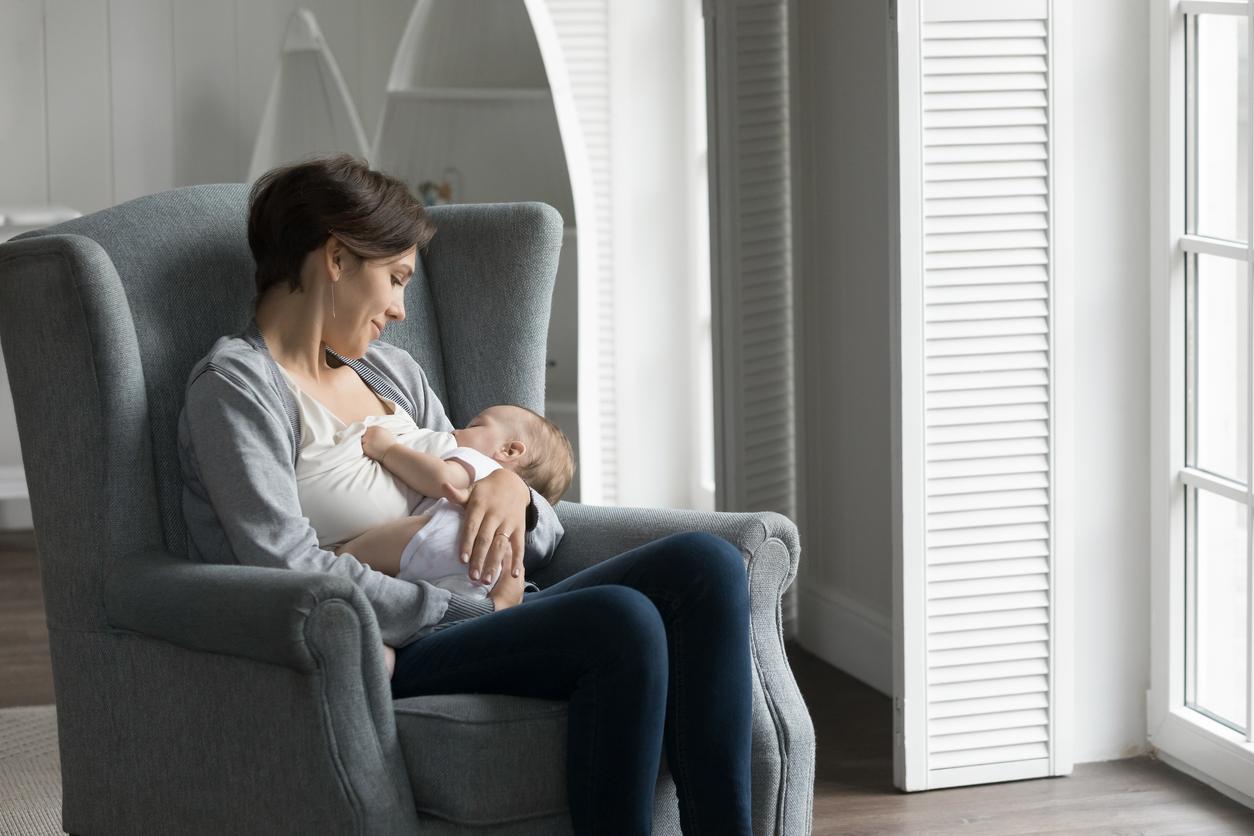In Germany, five patients suffering from severe chronic pain had appealed against the refusal by the Federal Institute of Medicines (BfArM) to allow them to cultivate cannabis for treatment. By studying these cases one by one, the magistrates of the Administrative Court of Cologne gave their consent to three patients and dismissed two of them.
For the first refusal, they argued that the sick patient could not guarantee that no third party had access to the cultivated plants. And for the second refusal, they stated that the complainant had not yet exhausted all other treatment options.
Derivative drugs already authorized
This decision could weigh in the debate on the authorization of therapeutic cannabis. In the pro camp, some researchers and health professionals convinced of the virtues of cannabis for relieving pain associated with certain diseases. In the camp of against, those who fear that this authorization opens the way to a decriminalization of cannabis of this product.
Germany has authorized since 2008 the medical prescriptions of synthetic cannabinoids. Three drugs are authorized: the Sativex intended for people with multiple sclerosis as well as drobanibol and nabilone, prescribed for nausea associated with certain cancer or HIV treatments.
In addition, some patients have received exceptional authorization from the Federal Office for Narcotics to buy cannabis plants from pharmacies and grow them at home.
In France, Sativex could become, in 2015, the first drug of this type marketed in France. Its indication, fixed by a European Marketing Authorization, will be the same as in the other countries: that is to say “spasticity” (cctures) in multiple sclerosis.
Do you think the therapeutic cannabis should one day be authorized in France? Express yourself on our forum.
















